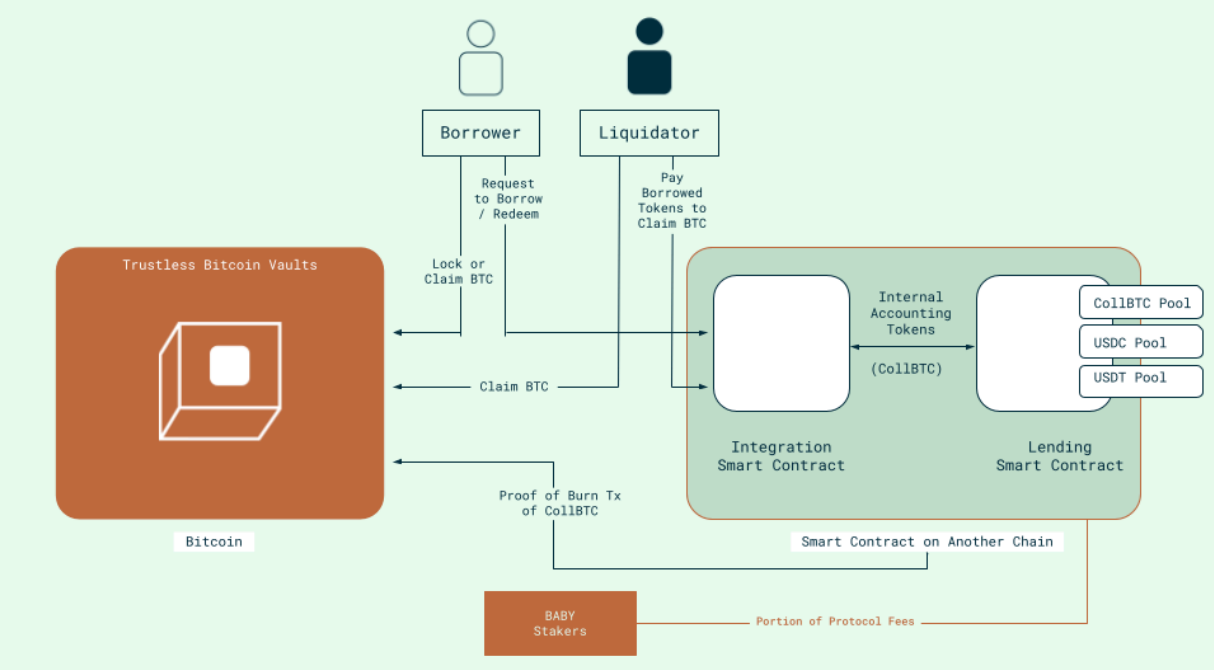
Babylon Labs Unveils Trustless Bitcoin Collateral System for Ethereum Borrowing
Babylon Labs has introduced a framework that permits native Bitcoin to serve as trustless collateral for loans on Ethereum, raising important questions about its design.
Babylon Labs has made headlines by claiming to develop a system that allows the use of native Bitcoin as trustless collateral for borrowing on the Ethereum blockchain. This assertion, made by co-founder David Tse, raises intriguing questions about the reliability of such a design.
In a recent post on X, Tse stated that Babylon has created a proof-of-concept enabling Bitcoin (BTC) to serve as collateral for Ethereum borrowing with unprecedented trustlessness.
This announcement coincides with Babylon’s white paper launch in early August, which introduced a system termed the Bitcoin Trustless Vault. Utilizing the Bitcoin smart contract verification framework BitVM3, this system locks up BTC in user-specific vaults, where withdrawal processes are confirmed through cryptographic proofs of external smart contract states verified on Bitcoin.
This novel approach enables users to secure their Bitcoin while seamlessly bridging it to Ethereum without the need for a centralized custodian. A Bitcoin light client on the Ethereum side verifies the BTC vault before acknowledging the collateral.
Currently, there’s an experimental version of the token available for testing on the lending protocol Morpho, but it has a liquidity of just $14 in USDC.
Tse characterized VaultBTC as an intermediate non-fungible asset connecting the vault to Morpho, ensuring trustless BTC withdrawals for depositors and liquidators.
 Source: Babylon Labs
Source: Babylon Labs
Although some portions of the system have trustless elements, other aspects do introduce dependencies that warrant scrutiny. For instance, liquidations of Bitcoin vaults involve whitelisted liquidators monitoring price and vault conditions, inevitably introducing some trust requirements.
Furthermore, the reliance on price oracles brings into play their accuracy and timeliness, adding layers of risk should the oracle falter. Companies such as Band Protocol and Pyth Network, which are associated with Babylon Labs, had not given comments before publication.
The core of the system allows for various trust scenarios, such as a direct handover of Bitcoin to a lender or the use of Wrapped Bitcoin (WBTC), which still requires faith in the custodial mechanisms backing that Bitcoin.
Babylon’s vault system aims to eliminate all trust dependencies, where both parties sign off on a set of Bitcoin transactions delineating spending rights.
If you’re interested in the future of DeFi, you can explore related articles discussing its evolution and implications.
